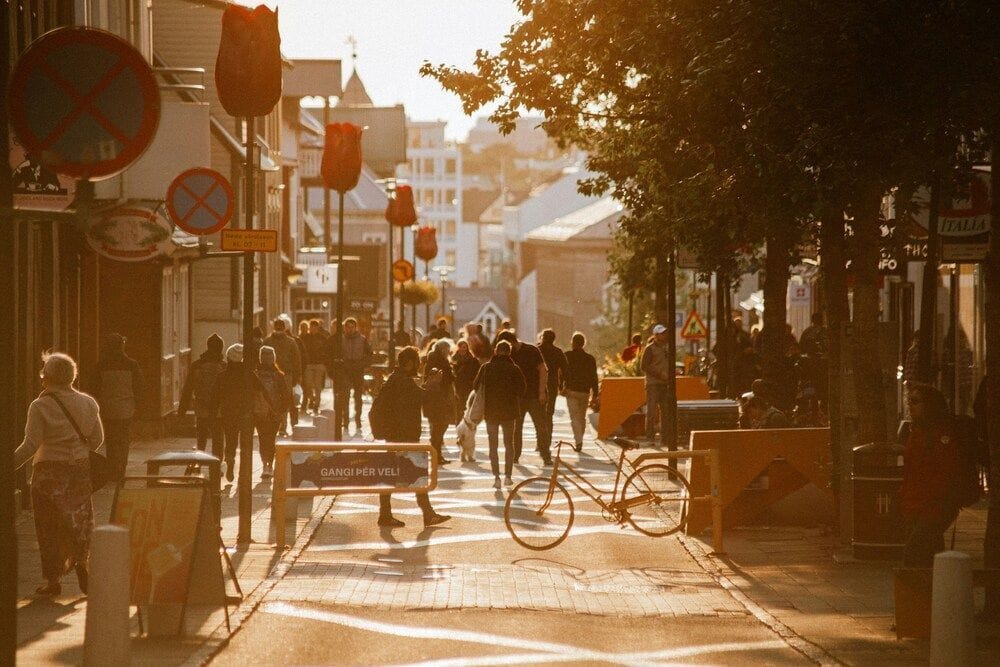- ibn e aadam
- Posts
- Why Your Friend’s Promotion Hurts a Little
Why Your Friend’s Promotion Hurts a Little
Hey everyone, hope your mind's been kind to you lately 😄
Here’s some useful reads to keep your mind sharp!
Why Your Friend’s Promotion Hurts a Little

You’re sipping your morning coffee when you see your neighbor drive by in a brand-new Tesla. How do you feel?
If you’re like most people, you suddenly feel very self-aware and a need to start recounting your own accomplishments.
According to Harvard educator and organizational psychologist Dr. Alexander Puutio, this reaction is perfectly human (sigh of relief). Envy, it turns out, is just evolution’s way of reminding us what’s important to us.
This idea traces back to what psychologists call social comparison theory, first proposed in the 1950s:
The theory suggests that we judge ourselves by comparing with others (especially those similar to us).
So when your neighbor gets a car upgrade, or your college friend announces their second promotion on LinkedIn, it doesn’t just feel like they won. It can feel like you lost.
Success for us, Puutio explains, is about how we stack up next to others. Our brains treat these comparisons seriously - in fact, brain scans show that social comparison activates the same areas as physical pain. 😳
There’s even a name for the negative side of this: crab bucket mentality. Like crabs in a bucket pulling each other down instead of letting one escape, humans sometimes instinctively react to others’ success by trying to level the playing field.
It’s not just that they’re winning that gets us going. It’s that they're winning, and because of that, I’m falling behind.
Here’s my takeaway: envy isn’t inherently bad… it’s just proof that I care about some things. My job personally is to weed out the bad parts (the crab bucket mentality, the insecurity), and use the good parts to my advantage (the motivation, the desire for growth) - channeling it in a way that pushes me forward without pulling others down.
Busy, Crowded Cities - Better for the Planet?

The age-old belief: more people means more pollution.
More cars, more trash, more energy… it seems like common sense. But as shared by economists Dean Spears and Michael Geruso, it’s not that straightforward. The real issue isn’t population itself—it’s how those people live, and the systems they live within.
In fact, cities with higher populations tend to be even less polluting than smaller ones.
Take cities. They might seem like major pollution hotspots because they’re crowded and busy. But people in cities usually live in smaller homes that use less electricity. They walk more, use buses and trains, and share buildings and services.
In contrast, people in suburbs tend to live in bigger houses, drive everywhere, and use more resources overall. So even though suburbs feel cleaner, they often produce more pollution per person.
We see the same thing when comparing countries. Japan and the Netherlands have dense populations, but they’ve invested in public transport, clean energy, and efficient design. That makes a big difference. Meanwhile, some sparsely populated countries with more space, more cars, and bigger homes actually pollute more per person.
So what’s the real deciding factor? Not how many people there are, but how they live. Bigger populations can even be more efficient when things are designed well, because people share more: transport, walls, resources.
Quick question before you go...Enjoyed the edition? Your feedback helps us improve this newsletter. 🐦🔥 |
Reply